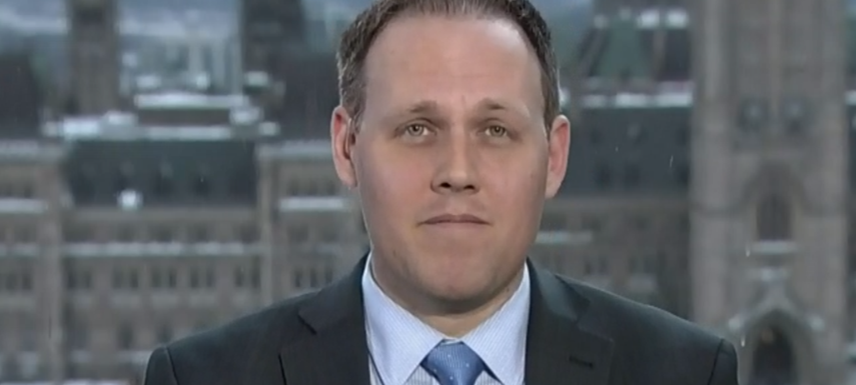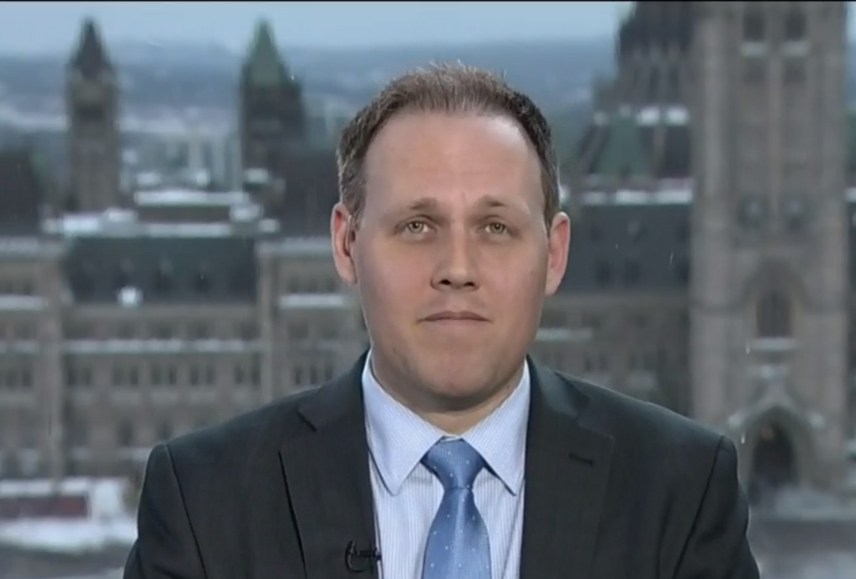Dale Beugin Executive Director of Canada’s Ecofiscal Commission

There is an old joke that goes “What happens when you put 10 economists in a room?” And the punchline, such as it is, is that “You’ll get 11 opinions.” The problem with the joke is that those 11 opinions just mean that whoever paid to cater that room really got their money’s worth. Especially if they didn’t have to be in it.
Economists don’t generally arrive at their opinions lightly. They tend to scrutinise angles most of us never knew were there and they don’t reach consensus easily either but those are exactly the reasons why, when a group of economists do find common cause, the rest of us should pay attention. When, like Canada’s Ecofiscal Commission, those economists decide to collectively address that cause, we’re lucky.
Canada’s Ecofiscal Commission was founded in 2014 by a group of Canada’s most prominent economists who wanted to broaden the national conversation on “ecofiscal” policies—that is, policies that encourage the things we want more of, so, investment, jobs, and innovation, and discourage things we want less of, like pollution and environmental damage.
Since the commission formally launched in 2014, Ecofiscal has authored 13 reports that dig into how different levels of government in Canada can implement ecofiscal policy in ways that are smart, practical, and based on facts and evidence. Covering issues as diverse as industrial disasters, phasing out inefficient environmental subsidies, and municipal issues like congestion and water quality, the commission has a broad scope but a tight focus.

“Anywhere that environmental damage occurs because markets are sending the wrong signals and creating perverse incentives” executive director Dale Beugin explains “As a group of economists, we want to correct these signals and we want to do so at the lowest possible cost.”
Climate policy and carbon pricing in particular have become something of a calling card for the commission. Since 2014, Canada has made tremendous strides on climate policy, several of Canada’s largest provinces have already implemented their own carbon pricing systems. In 2016, the federal government and the provinces developed the Pan-Canadian Framework on Clean Growth and Climate Change, with a commitment to filling in provincial gaps in climate policy by 2019—including a national carbon price. But despite this significant progress, carbon pricing has been and still is a source of debate and contention, and even a ballot question.
Fostering a more productive conversation about carbon pricing than the one we’ve mostly been having so far, a dialogue based more on facts and evidence and less on misperception, is vital and Ecofiscal is well-equipped for the task. Looking at ways Canada’s federal and provincial governments can best work together to implement an effective, economy-wide price on carbon and assessed climate policies of specific provinces is another task they has taken on. The question of how governments can recycle the revenues they generate from carbon pricing to drive additional economic benefits and how governments can make carbon pricing fair for households and businesses is an important one and Ecofiscal is on it.
As well we need to ask what emission reduction policies make sense in addition to carbon pricing? In events, essays, editorials, and blogs, and television, podcast, and radio appearances. Recognizing that significant shifts in consensus often emerge only after a healthy and lengthy discussion, Ecofiscal,is addressing some of the most pressing issues of our time.
Public debates will support good policy decisions only if they are based on facts and evidence. And there is strong academic and real-world evidence that carbon pricing works, among other things Ecofiscal brings the data to table.
Doing nothing on climate change (and on the environment in general) is simply not an option. We have options before us, we simply need to choose. The Ecofiscal Commission has studied the issue extensively, examining as well the merits of alternative approaches, and to them the choice is clear
There are two key objectives when it comes to climate policy. First, we must meaningfully and measurably reduce our greenhouse gas emissions—this year and every year moving forward. Second, we must sustain a strong economy while reducing our emissions. Put another way, we need to reduce GHG emissions significantly, and at the lowest possible economic cost. Well-designed carbon pricing does both of those things. Ecofiscal’s work, and a fast-growing body of evidence from jurisdictions around the world, including here in Canada, clearly shows that carbon pricing works, and that it need not be a barrier to a strong economy.
Certainly there are alternatives to carbon pricing, such as regulations and subsidies, and these can indeed reduce emissions, but they often do so at a high price At their worst, regulations can require firms to adopt specific technologies or change certain practices, regardless of how cost effective the are. At their best, regulations are flexible, use market-based mechanisms, and actually resemble carbon pricing. Subsidies require governments to both find new sources of revenue to fund them and pick specific technologies to invest in, again, regardless of how much they cost. Carbon pricing lets the market decide where and how to invest in low-carbon technologies.
Doing nothing on climate change (and on the environment in general) is simply not an option. We have options before us, we simply need to choose. The Ecofiscal Commission has studied the issue extensively, examining as well the merits of alternative approaches, and to them the choice is clear: A steadily rising carbon price is the most cost-effective way to reduce emissions and ensure that Canada’s economy continues to grow and thrive in the face of climate change.
Not so long ago a healthy economy and a clean environment were considered mutually exclusive but now, more and more, Canadians are recognising that, in fact, a healthy economy and a clean environment are mutually reinforcing. The conversation about whether or not we face an environmental and climate change crisis and whether or not we need to solve these problems has, at last, begun to given way to a conversation about how to solve them. This is exactly the dialogue that Ecofiscal, all those legendary economists in a room, is helping foster.
If you want to see Ecofiscal in action, check out their recent report 10 Myths about Carbon Pricing in Canada, or, if you prefer your debunking with a side of velociraptor, read it summarised as 10 GIFs About Myths About Carbon Pricing in Canada.














